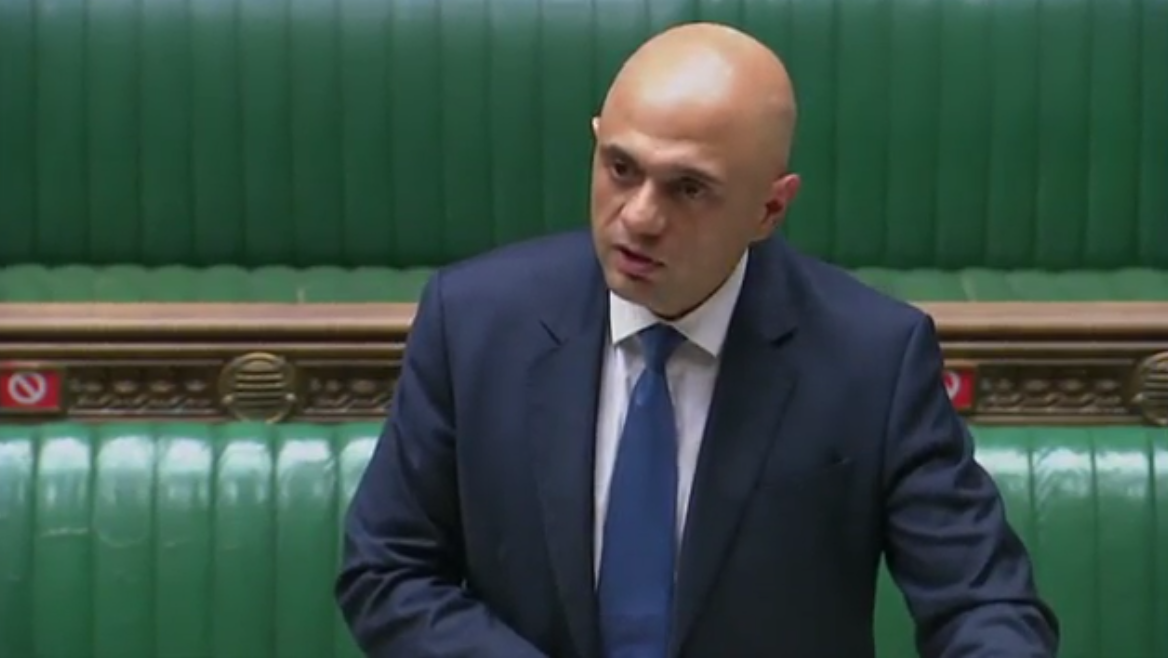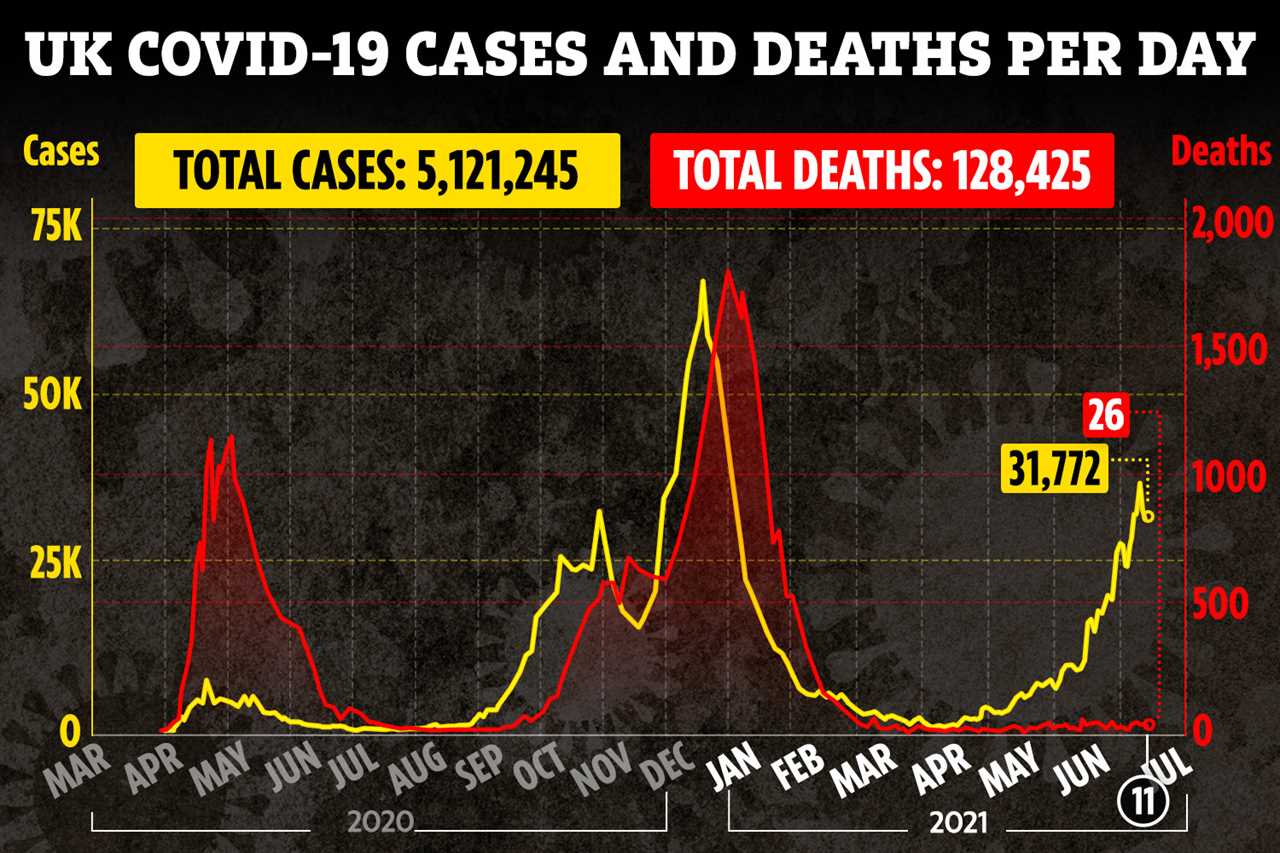THERE is no perfect time to unlock the country as Covid-19 is not going away, the Health Secretary has warned.
Sajid Javid this afternoon confirmed to MPs that the restrictions would be lifted on July 19 and stated that delaying the end of lockdown could spark a more dangerous wave of the virus.

The last set of restrictions will be lifted on Freedom Day, meaning that night clubs will be able to open their doors once more and that people will no longer be required to wear a face mask or covering.
Speaking to MPs at the House of Commons today, Javid said now is the right time for the nation to get closer to normal life and that “if we waited until winter, the wave would be much more dangerous”.
“If not now, then when? There will never be a perfect time to take this step, we simply cannot eradicate this virus, whether we like it or not coronavirus is not going away”, he said.
He added that moving forward, the country would be supported by summer and the school holidays.
“This is our best possible chance of a return to normal life
“If we wait longer, then we risk pushing the virus towards winter when the the virus will have advantage or worse still, we will not be opening up at all”, he added.
In other key announcements:
- Large venues like nightclubs will be urged to use “Covid certification”
- Ministers will encourage a “gradual return” to the workplace this summer
- Masks will be recommended in crowded settings like public transport
- A review of all the rules will take place before September 23
- Scientists expect Covid cases, hospitalisations and deaths to go up
- New advice for the most vulnerable people will be issued imminently
The government previously announced that it would be pushing back the easing of restrictions after the Delta variant had taken hold in the UK and Javid explained that it was important the the UK “built up a wall” of vaccines against the virus.
“We delayed step four by four weeks so we could build our vaccine wall even higher.

Read our coronavirus live blog for the latest updates
“We believe that this wall means that we can withstand a summer wave, and while the wall would be higher still if we waited until winter, we know the wave would be much more dangerous”.
He highlighted the impact the vaccine rollout has had in the UK after pledging that every adult in the UK would have been given a first dose of a Covid jab before July.
“We are in a stronger position than ever before”, he added.
He highlighted that vaccine passports would be encouraged for large venues and that masks would still be recommended in crowded indoor areas, such as public transport.
While he said it was clear that there were risk with any decision, that this was the “most responsible” decision that the government could take.

He highlighted that the further unlocking was about balancing the harms caused by Covid with the “undeniable harms” that restrictions bring.
The government highlighted four steps that needed to be taken so that the country would be able to successfully unlock.
These included vaccines, infections, pressure on the NHS and new variants of concern.
One expert backed the government’s plan to unlock now rather than in the autumn months.
Prof Paul Hunter, Professor in Medicine, The Norwich School of Medicine, University of East Anglia, said: “Much of the debate in recent days has been around whether or not it is safe to lift the remaining restrictions now.
“To my mind this is the wrong question. We should instead be asking ourselves when is the best time to lift restrictions.
“I consider that we have met the criteria for initiating step 4 out of lock down. That does not mean that relaxing restrictions has no risk.
“But I would argue leaving step 4 till the autumn carries a far greater risk.”






